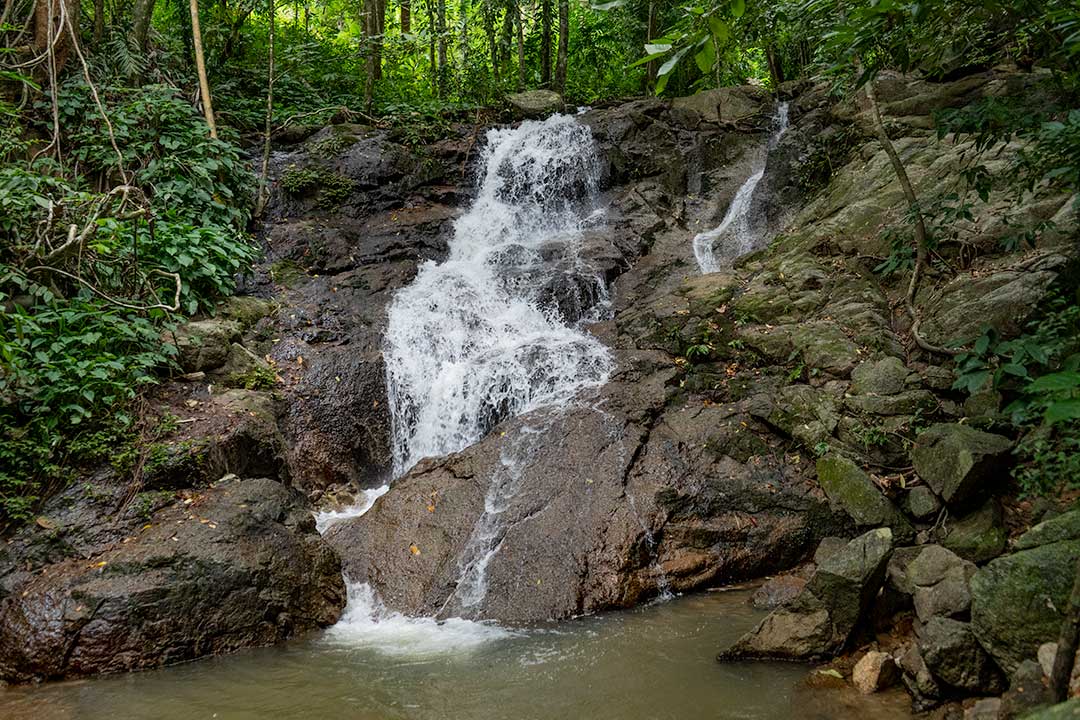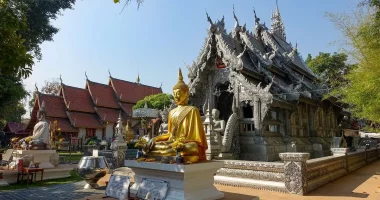Kathu Shrine’s Rich Historical Roots
A Legacy of Chinese-Thai Heritage
Nestled in Phuket’s Kathu Village, Kathu Shrine stands as one of Thailand’s oldest Chinese shrines, established over two centuries ago by Chinese tin miners. Known as the birthplace of the iconic Phuket Vegetarian Festival, this sacred site embodies the enduring cultural legacy of the island’s Chinese-Thai community.
Heart of the Vegetarian Festival
Vibrant Rituals and Traditions
Kathu Shrine takes center stage during the Phuket Vegetarian Festival, a nine-day celebration held in the ninth lunar month. Devotees honor the Nine Emperor Gods through rituals like fire-walking and elaborate processions, drawing thousands of visitors to witness the shrine’s spiritual significance and festive energy.
Architectural Beauty and Sacred Spaces
Traditional Design Meets Spiritual Serenity
The shrine, also called Lai Thu Tao Bo Keng, features classic Chinese architecture with intricate carvings and vibrant statues of deities, including Guan Yin, the Goddess of Mercy. Its tranquil courtyard and ornate interiors offer a peaceful retreat, inviting visitors to connect with Phuket’s spiritual heritage.
Planning Your Visit to Kathu Shrine
A Must-See Cultural Stop in Phuket
Located between Phuket Town and Patong Beach, Kathu Shrine offers an authentic experience away from tourist crowds. Open daily with no admission fee, visitors are encouraged to dress respectfully and explore nearby attractions like Kathu Waterfall, making it a perfect addition to any Phuket itinerary.
Cultural Impact on Phuket’s Community
Preserving Traditions and Unity
Kathu Shrine plays a vital role in fostering community pride among Phuket’s Chinese-Thai residents. Beyond the Vegetarian Festival, it hosts events like the Kathu Village Culture Festival, celebrating local traditions and strengthening cultural ties while inviting travelers to engage with Phuket’s unique history.









